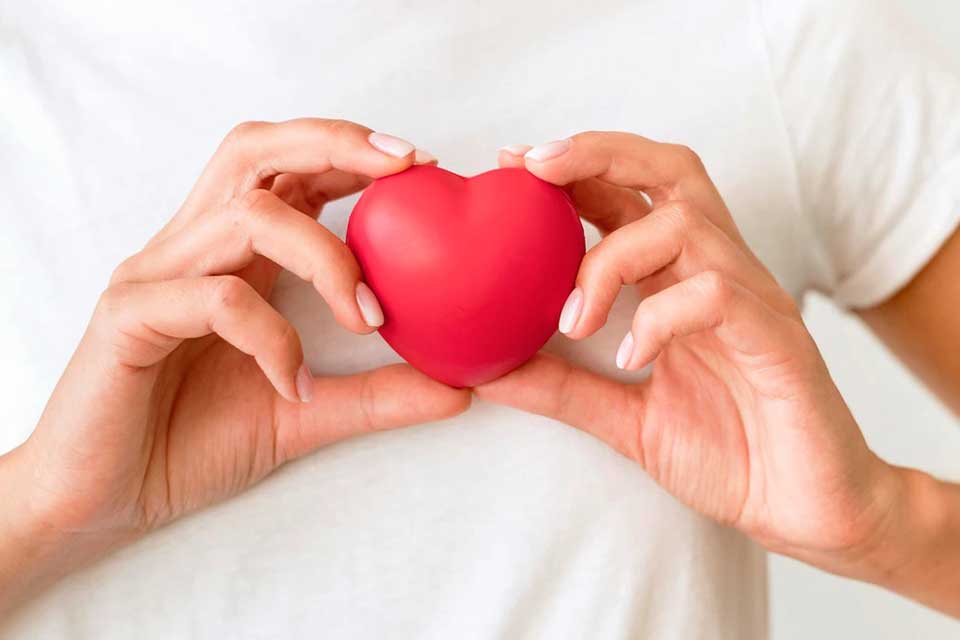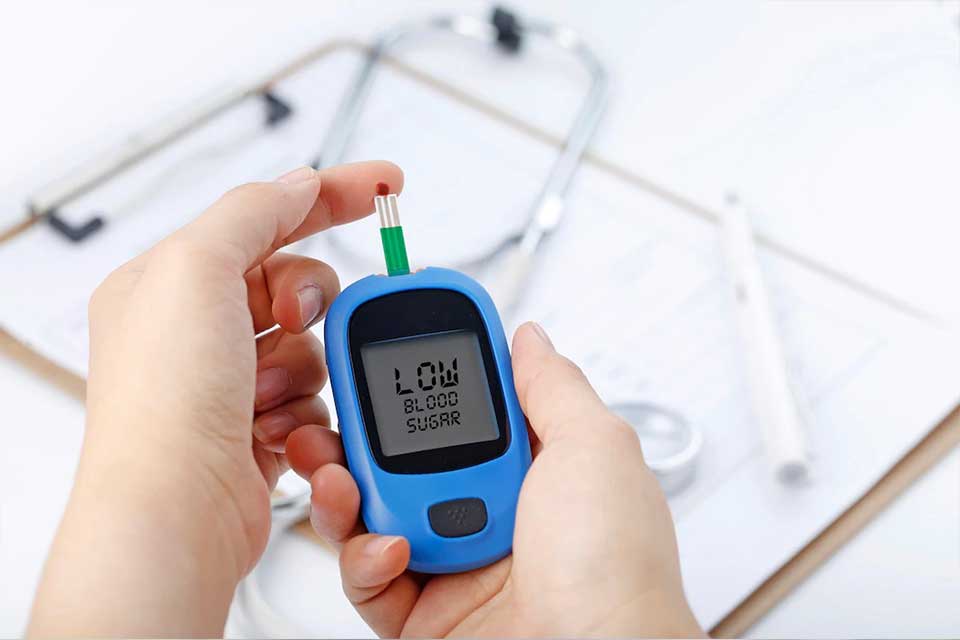The never-ending love for Peanut Butter, The Goodness of Peanut Butter, Is peanut butter really good for your health, Peanut Butter health benefits
Table of Contents
The never-ending love for Peanut Butter
Our love for peanut butter starts right from our early childhood days when our parents would stuff a PB & Jelly sandwich in our lunch boxes. We loved to munch on them in our schools and get our tummies full.
No wonder, the same love for peanut butter triggers the craving to grab a classic PB&J sandwich first thing in the morning or to satisfy our craving for high-fat foods. For one reason or another, the love for peanut butter has been unceasing from childhood to adulthood because of these loving memories, which we pass on to our next generations and more to come.
Peanut butter is a versatile food, a lot more than our classic PB & Jelly sandwich. Whether we dribble it on bananas or apple slices, spread it on toasts or crackers or waffles, stuff it into cookies, protein balls or mix it into smoothies and ice cream, we can creatively include peanut butter in breakfasts, lunch boxes, and high teas.
The largest manufacturer and consumer of peanut butter are the USA, with a consumption of approximately 860,000 MT per year, followed by the Netherlands, UK, Nigeria, South Africa, Japan, and the list goes on.
The Goodness of Peanut Butter
Is peanut butter really good for your health?


When considering the most popular pantry staples, almost every kitchen has its most loved, mouth-watering, creamy, and yummy jam’s or Jelly’s partner-in-crime, – peanut butter has its fair share on the shelves. From pre-pandemic days to times when trips to the grocery store, deli, and supermarket were limited, peanut butter’s duty has been duly doubled, and there’s no shame in enjoying some spoonful’s of this melt-in-the-mouth wonder. Most of us love spooning some directly from the jars.
Our hearts may be happier & healthier.


Nutrients and antioxidants included in peanut butter, such as niacin, magnesium, vitamin E, and healthy unsaturated fats, may assist in improving heart health. It also has a low carbohydrate content.
According to one study, due to the potent antioxidants present in nuts, people with cardiovascular disease and coronary heart disease had a decreased risk of death when they ate more peanut butter. Peanuts are high in polyphenols, which may explain their heart-healthy properties.
So, how does peanut butter’s nutritional composition compare to other foods? Willett stated, “One serving (approximately 2 tablespoons) comprises 3.3 grams of saturated fat and 12.3 grams of unsaturated fat, or roughly 80 percent unsaturated fat.” “It’s right up there with olive oil in terms of unsaturated to saturated fat ratio.” Being comparable in a composition is, by extension, a desirable thing, given that many experts praise the merits of olive oil. According to the American Heart Association, unsaturated fats “supply critical fats your body needs but can’t create on its own.”
Reduces your risk of diabetes.


Your risk of diabetes may be reduced if you consume peanut butter every day. According to Medical News Today, diabetes is a disorder in which your body is unable to correctly handle glucose. Diabetes, if left untreated, may lead to a slew of additional health issues, including strokes and heart disease. Consider consuming peanut butter every day if you’re committed to doing all you can to avoid contracting the illness.
“Research suggests that eating peanut butter regularly lowers your risk of type 2 diabetes. Especially if it substitutes refined carbs or processed foods in your diet, “registered dietitian Natalie B. Allen told The List.
“Peanut butter and nuts in general help the body’s glucose and insulin balance.”
Because of the sugar level, any advantages of peanut butter will be negated. Especially if you consume it in the form of peanut butter cookies or peanut butter-filled chocolates. As a result, limit yourself to nutritious snacks like peanut butter on celery or whole-grain bread.
Pregnant mothers can consume peanut butter!


Pregnant women will particularly enjoy the salty-sweet spread’s with 28 milligrams or 7% of your daily value, of folate, a prenatal vitamin that has been proven to help prevent birth abnormalities and improve fetal growth and development. Aids for muscle recovery and bone health.
Lowers blood pressure


According to the American Heart Association, potassium is not only necessary for muscular contraction but also helps lower blood pressure. Potassium deficiency is connected to heart disease, kidney disease, osteoporosis, and type 2 diabetes, to name a few. Make sure you get unsalted peanut butter to guarantee it’s an excellent blood pressure-lowering meal.
May improve our cholesterol levels.


The American Heart Association estimates that 94.6 million people in the United States (about 40%) have total cholesterol levels of 200 mg/dl or greater. Furthermore, 28.5 million (about 12%) of those people had total cholesterol levels greater than 240 mg/dl. If you want to lower your cholesterol levels to a healthy level, consuming a serving of peanut butter every day could be a good idea. “Healthy fats, especially monounsaturated fats, are found in peanut butter,” registered dietitian Amanda A. Kostro Miller told The List. “Monounsaturated fats may help the body produce more healthy cholesterol.”
That isn’t all, however. According to Harvard University, making peanut butter a regular mainstay in your diet will help decrease your LDL or “bad” cholesterol. All the more reason to enjoy peanut butter and banana sandwiches on whole-wheat bread for a satisfying and nutritious lunch.
Mood elevator.


“Peanut butter is a nutritionally-rich food that includes phytonutrients, such as beta-sitosterol,” says Deborah Weatherspoon, Ph.D., RN, CRNA, a nutritionist for healthline.com. According to animal research, beta-sitosterol may have antidepressant properties.
Anecdotal data also suggests that beta-sitosterol may help to relieve anxiety by regulating cortisol, a hormone generated during times of stress. Stress has also been found in animal experiments to cause high-fat meal cravings. If you’re feeling nervous, agitated, or unhappy, you may reach for a jar of peanut butter to alleviate those sensations. “
They also suggest that your body may be wanting peanut butter to compensate for vitamin deficiencies.
Reduces the risk of breast cancer.


According to the Centers for Disease Control and Prevention, breast cancer is the second most common malignancy among American women. Fortunately, if you include a portion of peanut butter in your morning smoothie, you may be able to avoid contracting this sickness.
In an article for Medical News Today, counselor and psychotherapist Jayne Leonard said, “Eating peanut butter, particularly from a young age, may minimize the chance of benign breast disease (BBD), which raises the risk of breast cancer.” According to research published in the journal Breast Cancer Research and Treatment, “Eating peanut butter and nuts at any age may result in a decreased chance of acquiring [BBD] by age 30.”
According to Leonard, peanut butter is such a potent weapon against breast cancer that it can make a difference regardless of genetics. She noted that “Those who ate peanut butter had a considerably decreased risk of breast cancer, even if they had a family history of breast cancer.”
It decreases chronic inflammation.


According to Healthline, “superfoods” don’t truly exist, since the word was coined by marketing professionals to promote goods and influence eating trends. However, the journal said that there are still foods that are deserving of the designation, and peanuts are unquestionably one of them. This is due to their anti-inflammatory and antioxidant effects. Eating peanut butter every day is a terrific way to ensure that you’re getting enough superfoods in your diet. According to licensed dietician Trista Best, doing so may prevent you from a variety of diseases.
“Antioxidants act to minimize free radical damage in the body,” she told The List, “which leads to inflammation and ultimately chronic illnesses.” “Daily use of peanut butter is a fantastic approach to receiving disease-fighting chemicals.” If you can discover a taste profile that works for your palate, you may mix peanut butter with other superfoods like berries and yogurt for optimum benefits.
With due respect to the sources :






